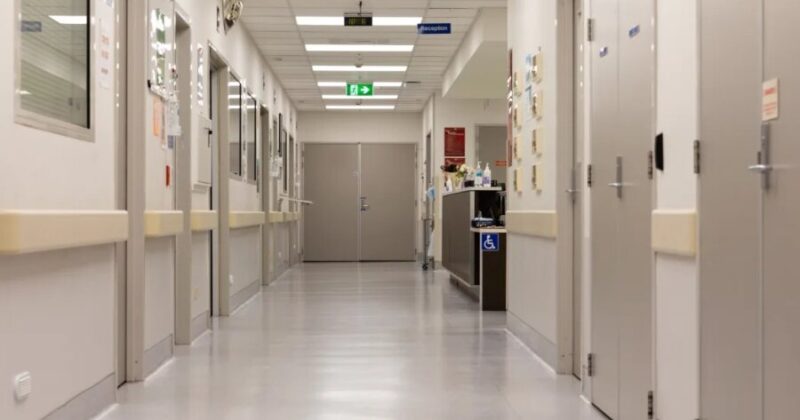Hospitals across the country are switching the way they operate, and the consequences could be dire for many patients.
In the past, it was standard procedure for hospitals and medical facilities to tally up expenses and issue bills to patients after they had received treatment.
That’s less true today than it used to be, according to The Wall Street Journal.
Payment upfront is becoming the norm at medical centers across the country. While this saves time and resources by avoiding bill collection later, it presents a problem: some patients can’t afford the upfront costs, leading to delayed or denied care when they need it most.
“Those who can’t come up with the sums have been forced to put off procedures,” the Journal reported Thursday in an article titled “Hospitals Are Refusing to Do Surgeries Unless You Pay In Full First.”
The newspaper also highlighted instances where patients are often billed more than they should be, forcing them into a ‘David-versus-Goliath’ situation where they have to battle with large corporate entities to reclaim their overpaid funds.
“Among the procedures that hospitals and surgery centers are seeking prepayments for are knee replacements, CT scans and births,” the Journal reported.
The report also highlighted that under federal law, hospitals are obligated to administer medical care in emergency scenarios. However, what qualifies as an emergency for a hospital may not always align with the perception of someone in acute distress, such as severe pain.
“We need those patients who are able to pay to do so,” Leslie Taylor, a spokeswoman for the University of Arkansas for Medical Sciences, which owns one general hospital in Arkansas, told the Journal.
Previously, the hospital has deferred procedures for certain patients until they settle their bills. They assert that such actions are only taken with the approval of doctors.
According to Kodiak Solutions, a healthcare consulting firm cited by the Journal, the percentage of patient bills paid before treatment has risen to 23%, marking a notable increase from 20% just two years ago.
While the rise might not appear substantial at first glance, it holds significance given that approximately half of American adults report having less than $500 readily available to cover unexpected medical expenses, as per the Journal. This trend could spell significant challenges for a considerable number of people.
The Journal featured two cases highlighting individuals impacted by upfront payment policies, both of which had happy endings.
First, there’s the case of Heather Miconi, whose daughter required adenoid and tonsil surgery to improve her breathing. While not an emergency, the procedure was evidently crucial.
Miconi already works three jobs and has a high-deductible insurance policy, so she needed $2,000 to pay for the procedure in advance. She had to start a GoFundMe to raise the funds.
The good news in Miconi’s case is that the fundraiser has already brought in nearly $10,000. Miconi wrote on the site that she’ll use the extra to pay down medical bills that have been accumulating interest since her daughter’s 2021 hospitalization.
“This has lifted a huge burden from our lives and I am forever grateful,” she wrote.
The other example cited by the Journal was that of Blake Young, who needed a heart screening last November. He paid $3,600 in advance, only to find out later that he’d been overcharged by almost 200 percent, and the hospital owed him $2,546.
Young had to wait for more than six months to receive his refund, and he had to enlist the help of the Better Business Bureau to resolve the matter.
CHI Memorial Hospital in Chattanooga, Tennessee, eventually issued Young an apology and, after some time, provided him with a refund check.
Share your thoughts by scrolling down to leave a comment.

